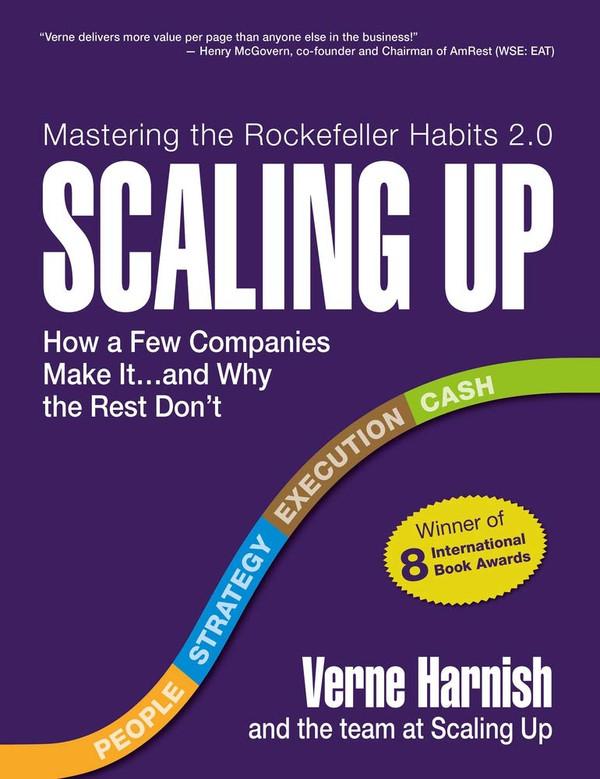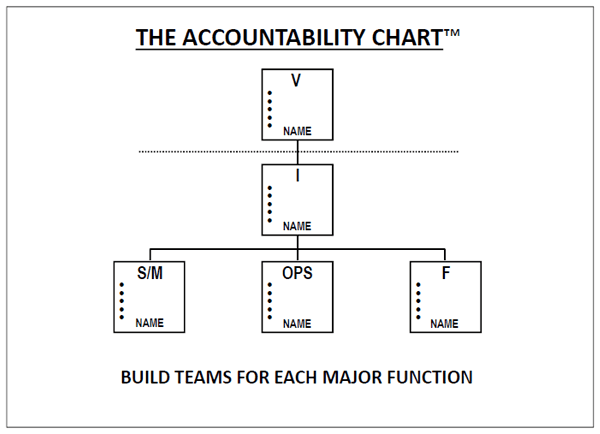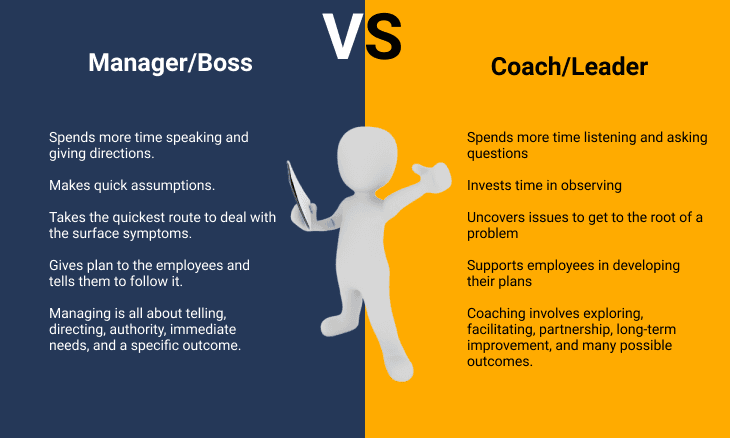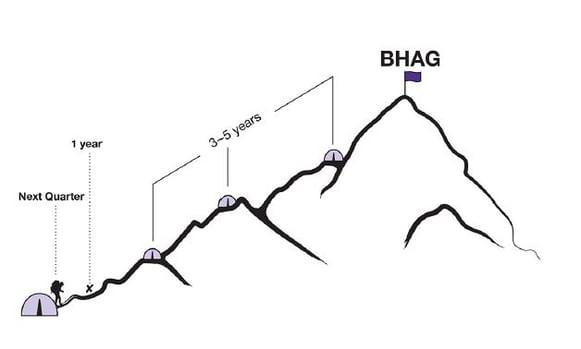Yug Jain's Key Ideas from Scaling Up: How a Few Companies Make It... and Why the Rest Don't
by Verne Harnish
Ideas, facts & insights covering these topics:
11 ideas
·11.5K reads
112
Explore the World's Best Ideas
Join today and uncover 100+ curated journeys from 50+ topics. Unlock access to our mobile app with extensive features.
Goals without routines are wishes; routines without goals are aimless. The most successful business leaders have a clear vision and the disciplines (routines) to make it a reality.
VERNE HARNISH
378
4.55K reads
The Four D's
You and your team have to be drivers of personal and economic growth. Your managers are coaches!
Leaders also have to find the balance between the demands of their stakeholders and those of the actual processes of doing their work.
You’ll need to implement routines to enable sufficient discipline. Your entire company must be aware of the number one priority for each quarter or year – the first element of discipline.
It’s essential to know which questions are the most pressing ones and start making decisions. When scaling up, start by tackling the biggest issues first.
223
1.5K reads
Enhance Personnel Management In Tandem With Growth
You’d think that the larger a company gets and the more soundly its routine is established, the easier things get. The reality is that the more employees you have, the more it takes to organize them effectively.
Communication is vital in any growing organization, so it’s essential that you structure your teams and sub-teams to keep information flowing. If teams are too big, communication will be hindered. Instead, try breaking them up into sub-teams of seven to ten people.
197
1.1K reads
Make Sure Right People Are Doing Right Things Correctly
The Function Accountability Chart can be used to measure success and define who is responsible for what. Find out about your company’s functions. Then, let each of your executive team members fill in who is responsible for each function and what KPIs can be used to measure success.
To use a Process Accountability Chart first identify the key processes of your firm. Give one person oversight for each process. Next, outline which KPIs such as time, quality, and cost, measure the process. Describe how you’d like to improve each process and map who is involved in each of its critical steps.
199
830 reads
Make Switch From Managing To Coaching.
Replace the word “manager” with “coach.”
- Encourage your team members to boost their strengths and learn from their weaknesses is through training.
- Strive to make your team’s job easier by listening to them. Regular meetings allow team members to discuss what motivates them, what doesn’t, what could make their job easier.
- Be sure to set clear expectations. Tell them what their top priority should be, but let them find out how to achieve it on their own. Encouraging team members to think for themselves is challenging, but will strengthen their problem-solving abilities in the long run.
215
690 reads
A Strong Strategic Vision For Strong Scaling
By establishing core values, you give your organization comprehensible guidelines for every decision. These are the norms of a company’s culture and should be stated in a succinct, realistic sentence. eg: “Practice what we preach.”
You should also make your company’s mission clear by formulating a core purpose. This can be as brief as one word, and should simply signify what you want to achieve. For Disney, the core purpose is simply “happiness.”
Vision summary should include two other elements: your brand promises(things you guarantee your customers), and your Big Hairy Audacious Goal.
189
591 reads
Use Strengths To Improve Revenue
You should understand exactly where your organization’s strengths lie.
First, you’ll need to look into your customers’ minds. What do they think when they hear your company’s name?
The next place to look for your strengths is your X factor. This is a small strategic detail that differentiates you from your competitors. By recognizing it, you can turn it into a competitive advantage to multiply your revenue.
194
535 reads
Design A Strategic Plan To Keep Everyone On The Same Page
The One-Page Strategic Plan is a framework that will help your company visualize and achieve its goals.
There are a number of questions you’ll need to answer when designing your own OPSP: Who is responsible for each step? What is your number one priority for the next year? Which metrics can you use to track your progress?
OPSP isn’t just about goals. Rewards need to be clearly stated too. Think about it: working hard only makes sense when you know what you’re working for. So why not make your annual, monthly, or weekly goals a fun challenge?. Dream up a theme to turn your goals into a game.
199
384 reads
Execute With Steady Rhythm
Great firms are like great jazz bands.
Team members should know their parts and practice together too.
That’s why meetings are so important.
A steady meeting routine allows information to flow accurately and prevents communication barriers. To stay on top of current activities and issues, hold your team meetings daily or weekly.
The faster you’re growing, the denser your meeting rhythm should be. If you’re growing by between 20 and 100 percent a year, treat one quarter as if it were a year and organize meetings accordingly.
188
445 reads
A Growing Company Needs The Cash
Funds are central to expansion.
Outstanding companies have three to ten times more cash in reserve than their more mediocre competitors.
If you want to expand your cash reserves, take a look at your Cash Conversion Cycle (CCC). This figure shows how long it takes until a dollar you invest comes back as turnover. The shorter the better.
To shorten your CCC, focus on 4 components – sales, delivery, billing/payment, and production/inventory and work separately on them. You’ll find opportunities to shorten your cycle time.
197
449 reads
Calculate which small changes could improve your cashflow
Examine your company’s sectors and you’ll find several financial levers that you can modify to boost your cash flow. It could be the price for your goods (could be increased) or your inventory (you could reduce the stock).
To find out which levers are worth changing work out which factor can reduce costs in the most efficient way.
Attempt to visualize how one percent or one-day change of each of your potential levers would affect your cash flow.
188
494 reads
IDEAS CURATED BY
Generalist. Great minds discuss ideas, average minds discuss events, small minds discuss people.
Yug Jain's ideas are part of this journey:
Learn more about economics with this collection
Proper running form
Tips for staying motivated
Importance of rest and recovery
Related collections
Discover Key Ideas from Books on Similar Topics
7 ideas
10 ideas
HBR's 10 Must Reads on Strategy
Harvard Business Review, Michael E. Porter
32 ideas
Hatching Twitter
Nick Bilton
Read & Learn
20x Faster
without
deepstash
with
deepstash
with
deepstash
Personalized microlearning
—
100+ Learning Journeys
—
Access to 200,000+ ideas
—
Access to the mobile app
—
Unlimited idea saving
—
—
Unlimited history
—
—
Unlimited listening to ideas
—
—
Downloading & offline access
—
—
Supercharge your mind with one idea per day
Enter your email and spend 1 minute every day to learn something new.
I agree to receive email updates







